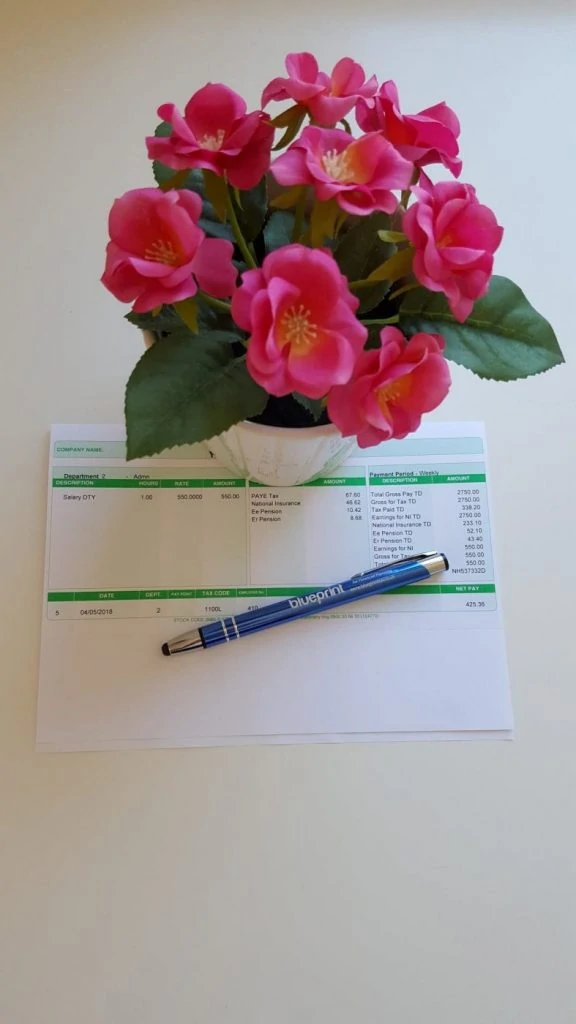Quick Wins for Busy People
You’d be hard pushed to find someone who likes paying tax, but it is one of those things in life that we need to find ways to manage so that we pay our fair share without paying more than we need to.
There are many kinds of taxes that we pay in the UK, via direct or indirect means and these 4 short articles will focus on one that lots of people pay – Income Tax.
Income tax was set up in 1798 by William Pitt the younger to pay for the Napoleonic war – and in the hundreds of years since it has continued in one way or another.
The amount that you pay from your earned (or pension) income depends on your circumstances, and can amount to a significant reduction of your income each pay period but there are 4 simple things that you may be able to do to reduce your tax bill and only pay the amount that legally and ethically you need to. We’re not talking about complicated ‘avoidance schemes’ or ‘tax loopholes’ just simple things that everyone can do to – each should take you less than 15 minutes to do, and could save you a fortune.
1. Check your tax code

The tax code is usually shown on your payslip, alongside your pay or pension information. It will also be on the coding notice you might receive from HMRC, the P60 you get after the end of the tax year and the P45 if you change jobs.
Every tax code is made up of letters and numbers.
The most common tax code for tax year 2018 to 2019 is 1185L. It’s used for most people with one job and no untaxed income, unpaid tax or taxable benefits (for example a company car). This reflects that the personal allowance is £11,850.
The number, 1185 for example, reflects how much tax-free pay you’re allowed to earn in each tax year – as a general guide, you need to multiply the number by 10 to get the total amount of income you can earn each year before being taxed – so 1185 becomes £11850.
If you owe money from a previous year, for example from changing jobs or having non-earned income, the numbers part may be lower, to indicate that you will need to start paying tax sooner to catch up the missed payments.
The letter at the end shows if other circumstances apply to you – BR/DO if you have income from a second job, M/N if you have given or received the marriage allowance (see next point) and W1/M1 if you are on an emergency tax code because your employer does not yet have your P45 from your old job.
So, if your tax code is not 1185L – and you’ve not got any unusual circumstances, you should check with your tax office that you are on the right tax code.
The onus is on you to make sure your tax code is correct. If you’ve overpaid your tax, HMRC will inform you of a refund by post (never by email – beware of scams)
You’ll usually be paid back through an adjustment to your tax code – meaning you’ll pay less tax and therefore receive more of your wages in the current financial year. But if the refund is for an earlier tax year, you’ll often be sent a cheque.
If they work out that you’ve underpaid tax, you’ll probably have to pay it back – again they are likely to adjust your tax code to recoup the money. If you owe more than can be reasonably be collected by deductions form your pay, they will issue you a bill and you will need to agree a way to pay it.
So, take 5 minutes now to dig out your payslip and check your code – is it as you expected? If you’re not sure, feel free to get in touch for a chat!
